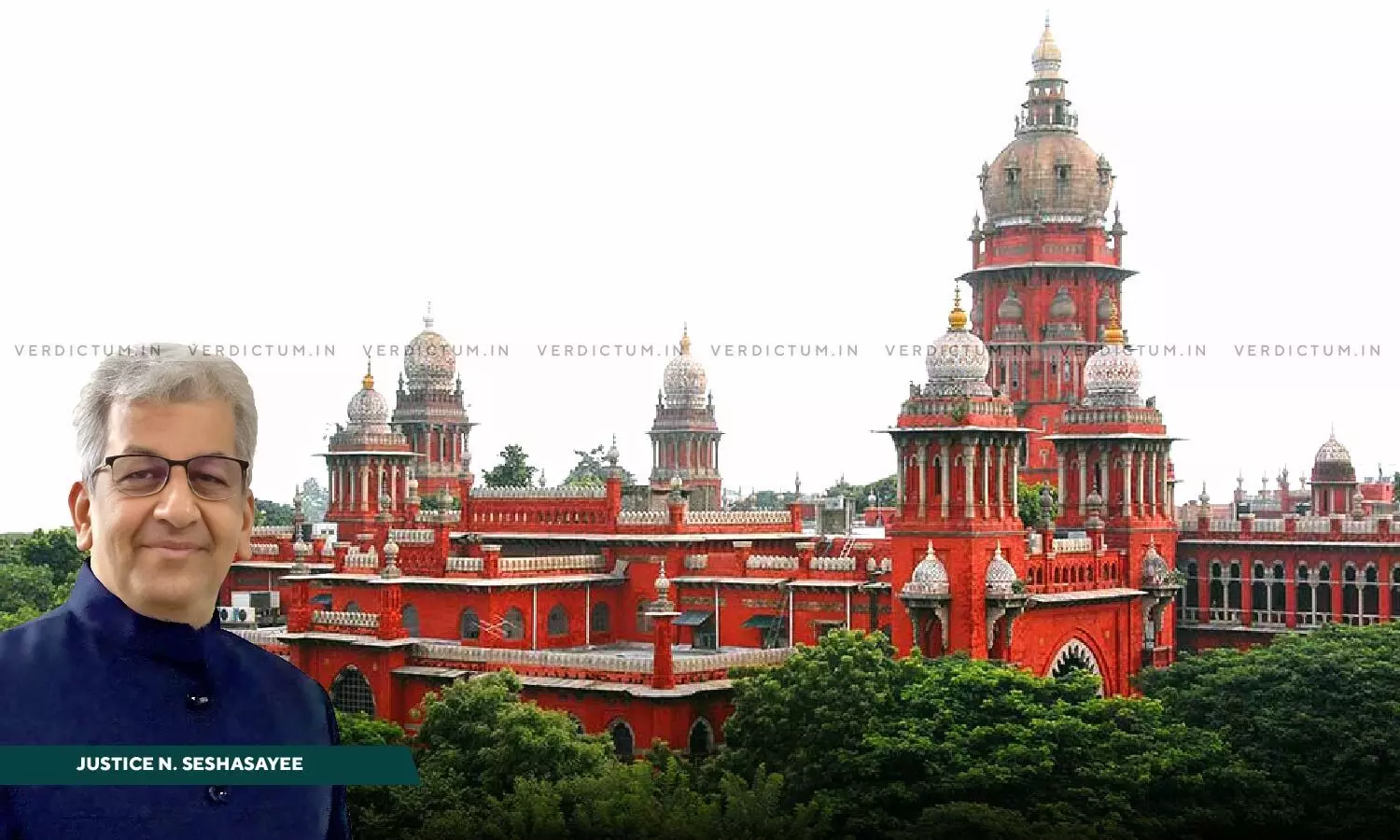
Why Protect Corporate Debtor At The Risk Of Exposing Public Interest To Peril?: Madras HC Urges Parliament To Evaluate Working Efficiency Of IBC
 |
|The Madras High Court has urged the parliament to evaluate the working efficiency of the Insolvency and Bankruptcy Code (IBC).
The Court noted that IBC could be manipulated to defeat the interests of the undisclosed creditors of the corporate debtor.
In that context, the Bench of Justice N Seshasayee observed that, "While the legislative intent to save the corporate debtor as a going concern may be appreciable, should it be at the cost of others, more so when IBC offers adequate space for engineering manipulation? The larger question therefore, is why should the Parliament bend backwards to protect one corporate debtor at the risk of exposing the public interest to peril? The present case, a case-study merely, illustrates how IBC could be manipulated to defeat the interests of the undisclosed creditors of the corporate debtor. Some points for the Parliament to ponder, and some legislative correction for it to make, lest the long term impact of the IBC could be disastrous, if not counter productive. Incidentally, has the Parliament taken note of the percentage of recovery generally achieved out of a successful resolution process of the corporate debtor?"
National Sewing Thread Co. Ltd., a public limited company registered under the MSME Act, 2006, underwent Corporate Insolvency Resolution Process (CIRP) under Section 7 of the Insolvency and Bankruptcy Code, 2016 (IBC) due to its failure to service a loan from Indian Overseas Bank.
From June 2019, the company also failed to pay electricity charges to Tamil Nadu Generation and Distribution Corporation Limited (TANGEDCO). On January 19, 2022, TANGEDCO issued a Demand Notice for Rs. 32 Lakhs in unpaid electricity charges.
The company argued that since the Committee of Creditors (CoC) approved a Resolution Plan, which was also sanctioned by the National Company Law Tribunal (NCLT), all outstanding claims or liabilities not covered by the Plan were extinguished.
The company filed a writ of certiorari and mandamus to quash TANGEDCO's Demand Notice and to direct TANGEDCO to restore the electricity connection.
The High Court clarified that the Clean State Theory protects only the third party-successful resolution-applicant from the uncertainties of future claims, and does not protect the fraud and suppression of the suspended board of the corporate debtor.
The Court further observed that, "It is not about what constitutes a statutory liability that concerns this Court, but why should there be a social distribution of the liability of the corporate debtor, when in the best of times the latter hardly may have shared its profit with the society, except perhaps to the extent mandated by law through Corporate Social Responsibility. For instance, if electricity-distributionlicensees suffer loss in the water-fall mechanism because of their classification as operational creditors, this loss will eventually be spread socially on other consumers."
Subsequently, the petition was dismissed.
Cause Title: The National Sewing Thread Co. Ltd. vs The Superintending Engineer, TANGEDCO & Anr.
Click here to read/download the Judgment